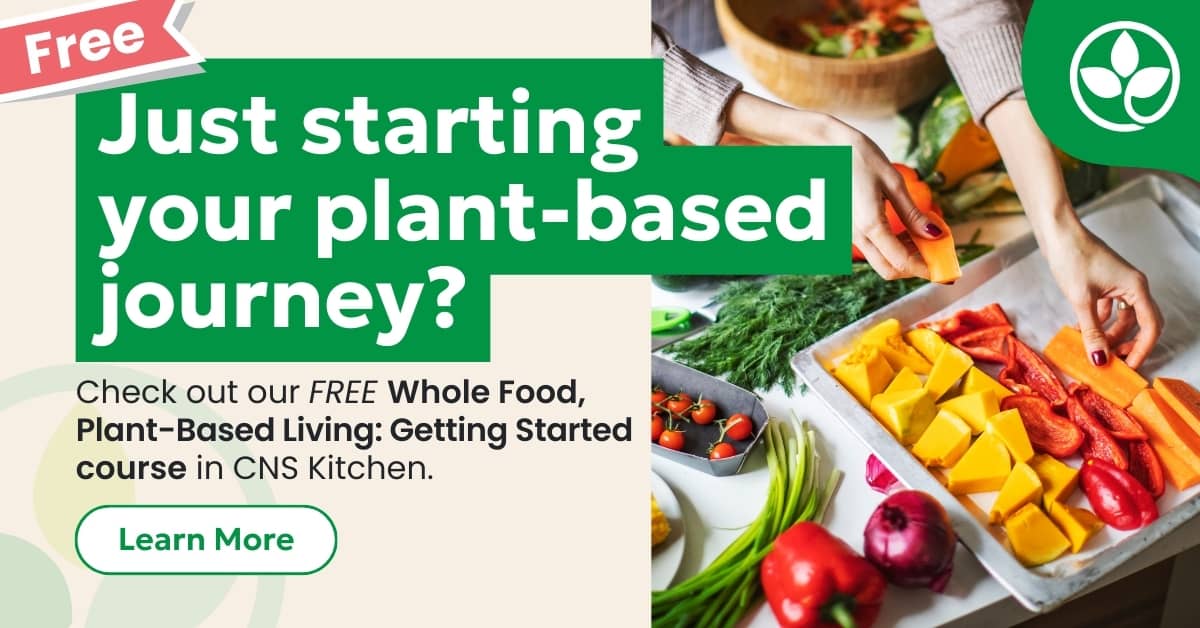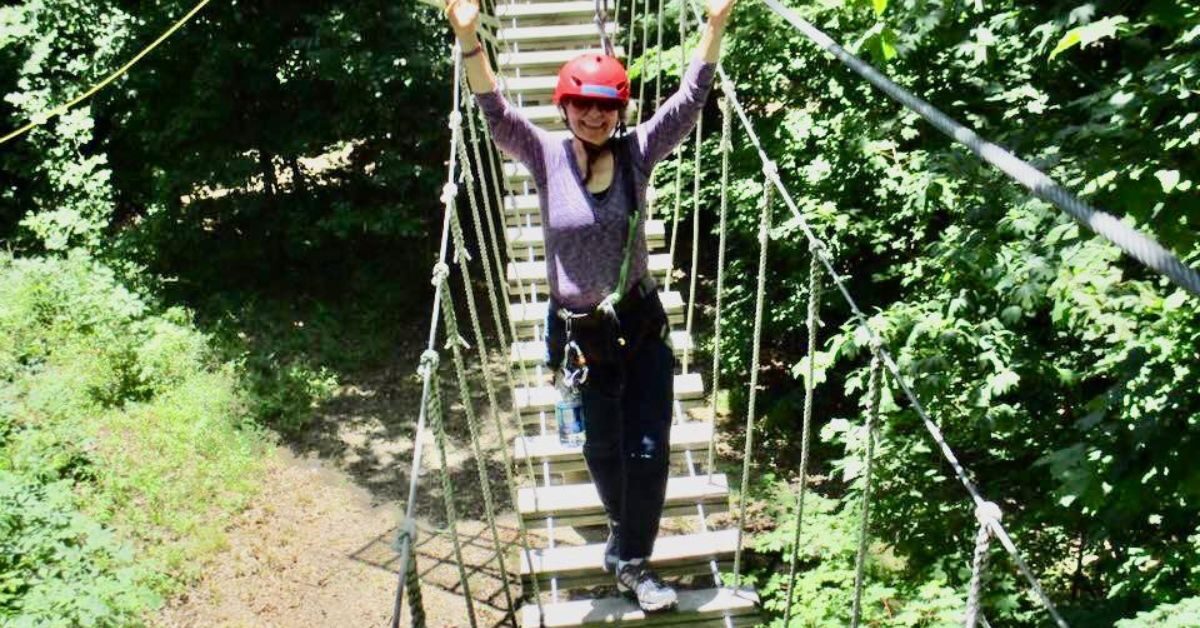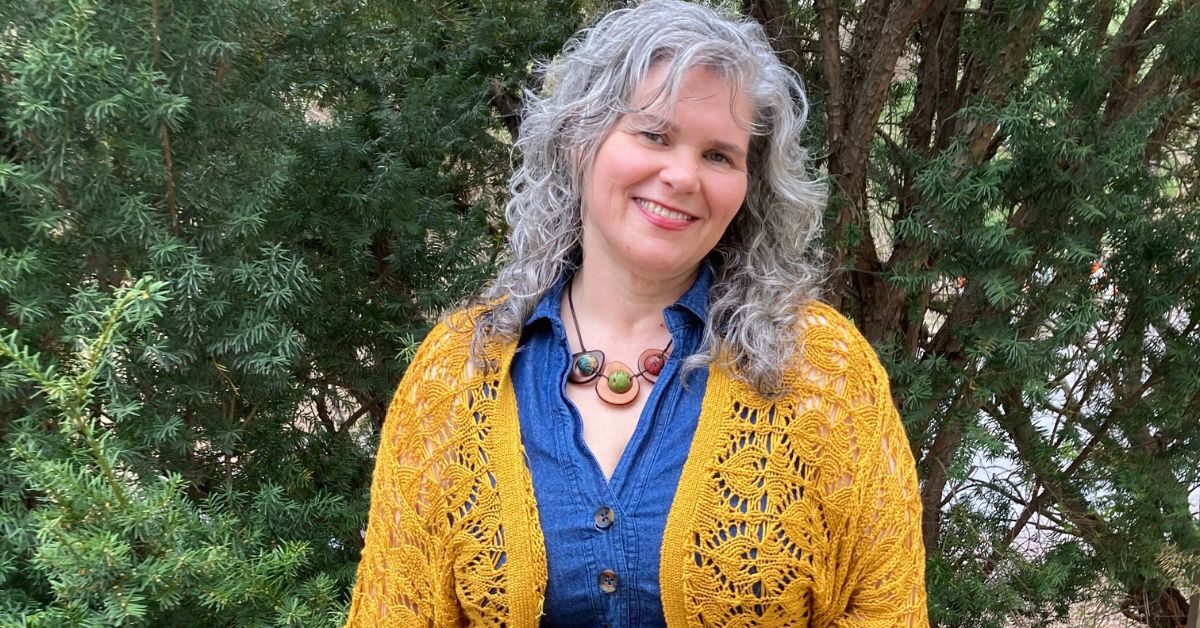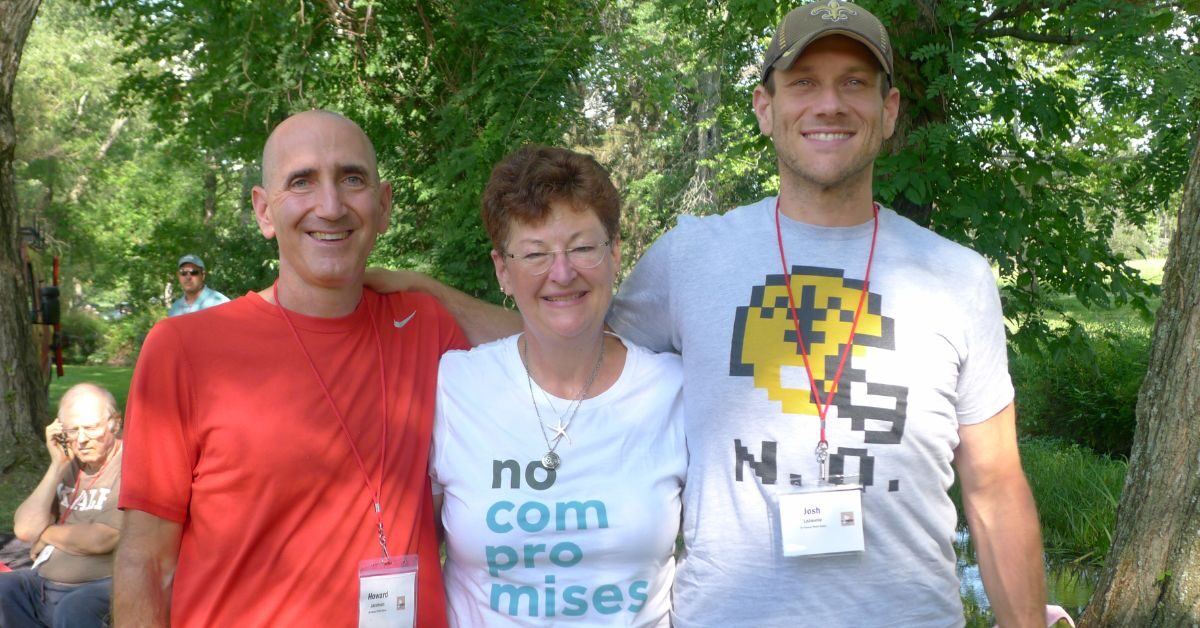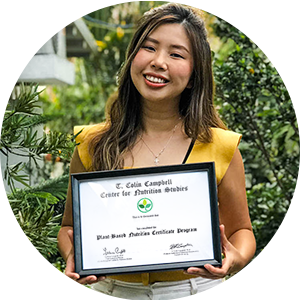
My name is Kathy Plaza. I am 75 years young, and I began eating a whole food, plant based (WFPB) diet with no salt, oil, or sugar (SOS-free) seven years ago in an attempt to lower my high blood pressure without medication. Ever since I had to go through a year of chemotherapy in my 30s, I have vowed to avoid medication—even over-the-counter drugs—as much as possible. Even when I have a headache, I try to figure out why, drink plenty of water, and wait for it to pass; I believe that my symptoms are trying to tell me something, and I don’t want to ever dismiss that by using medication.
I was always a slim child and adult, but in my 50s I started to gain weight. My usual weight control methods did not work—my pants size increased from 12 to 18, and I gained 50 pounds of unwanted fat cells! Also, my blood pressure started creeping up, eventually rising as high as 170/110. On a couple of occasions, I even had blood vessels burst in my eye. But throughout all of these health hardships, I still didn’t want to go to a doctor. I still didn’t want to depend on drugs. I was starting to feel desperate for an alternative.
That’s when I discovered Forks Over Knives. Wow, I thought, can this be true? I decided to give it a month’s trial: I went cold turkey, straight into detoxing. During that period of detoxing, I experienced many unpleasant symptoms. I could taste the chemotherapy drugs from decades before. But it was working. I was losing weight, and my blood pressure was decreasing! At the end of my month-long trial period, I committed to continuing with the diet, and ultimately I got my weight down to 125 pounds (a healthy weight for my 5’5” frame). Much to my amazement, several other health issues also improved: no more headaches, fatigue, skin outbreaks, digestive problems, or body odor, plus improved skin and shiny hair. I looked like I had had a facelift; I was glowing with health! (My kitchen was also sparkling clean because I no longer cooked with oil.)
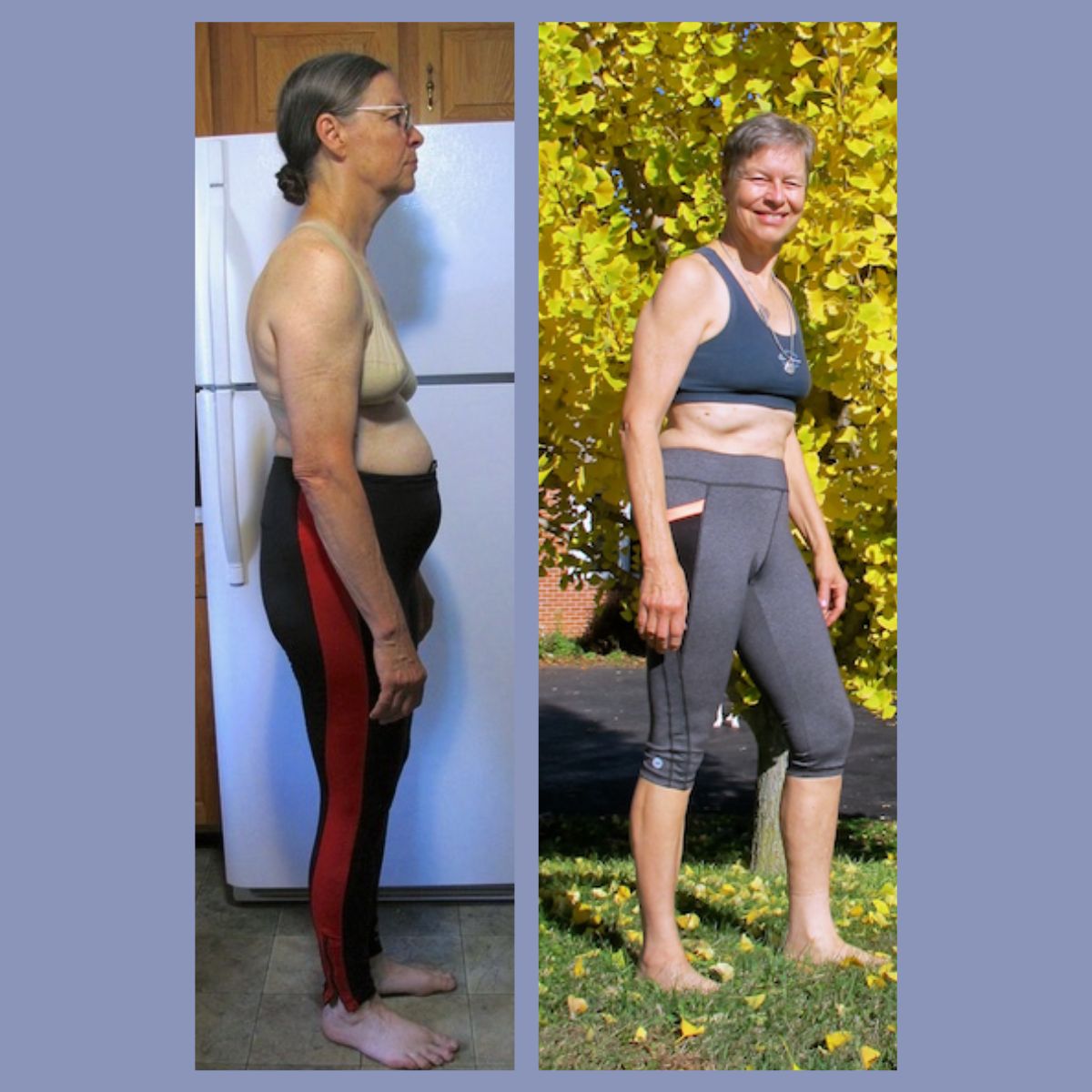
What I hadn’t anticipated were the social implications of changing my diet. I live in a fairly rural farming community in southeastern Pennsylvania—cow country, to be more exact—and I spend a lot of time playing bluegrass guitar and fiddle in bars and restaurants, at parties, and in bluegrass jams and festivals. My friends in these spaces were appalled at my weight loss. They thought I looked sick, that maybe I was suffering from anorexia, and they tried to convince me that I needed a check-up. Meanwhile, I had never felt better, and I thought I looked great in my tight fitting jeans!
At one point, I was invited for dinner at the home of a couple of friends. I knew they didn’t realize the extent of my clean eating—how seriously I took my WFPB, SOS-free diet—so, despite their assurances that they would be preparing a vegan dinner that we could all enjoy, I brought my own food. When I arrived, the hostess was upset, and she scolded me. But when I tried some of what she had prepared, I could taste the salt and see the oil on the plate. When I commented on this, as gently as possible and with a loving smile, she said that she only added a dash of salt for flavor and that she had had to fry the mushrooms in something! I thanked her for her effort and went back to the WFPB meal I’d brought.
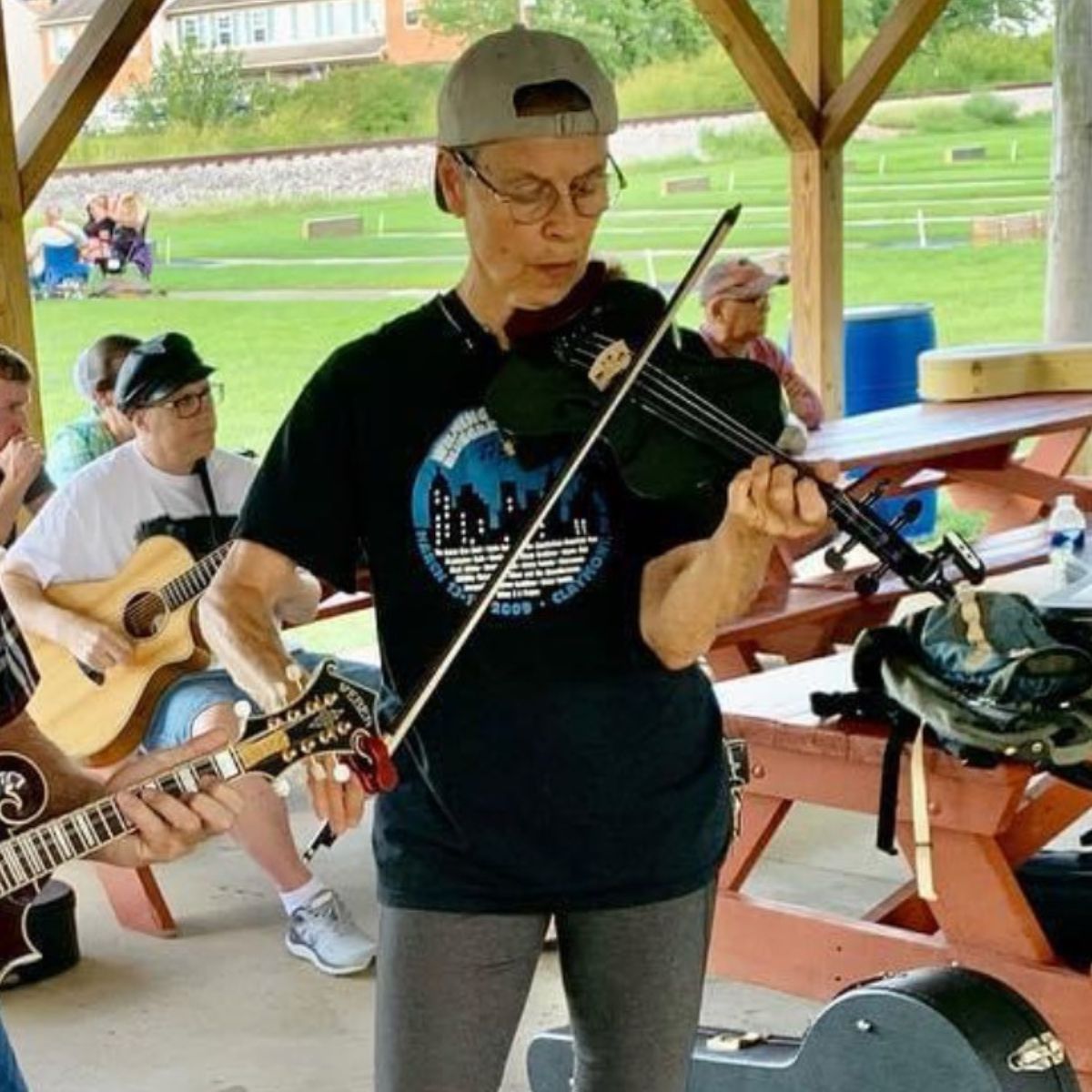
She got over it eventually. It’s been seven years now, and the people in my social circles have come to accept my “fickle” diet. Even though most of these people take drugs for an array of health problems, they don’t think much of the fact that I lowered my high blood pressure without any medication. Oh well—to each their own! I can only be an example to others, and that is what I have tried to do. I don’t preach because that always seems to backfire. I am proud to say that two of my four adult children now eat vegan and somewhat WFPB.
I’ve been quite consistent over the years, but, of course, there are still challenges. I know how intensely I can get my brain to light up when I “treat” myself with highly processed foods, and that has been an ongoing process for me. Though I’ve lost my taste for meat, I’ve always had a sweet tooth, and that history is a lot to overcome. Over the past seven years, I have occasionally experimented with trying to control the dopamine hits that accompany these “treats.” Inevitably, these experiments don’t last long. Eating unhealthy foods makes me feel sick, and I know if I keep at it, I risk slipping into a potentially devastating, long-lasting binge. To avoid this kind of experimentation, I wrote myself a loving but firm letter about the consequences of taking risks with my food. I also defined for myself, in biochemical terms, the true meaning of the word “treat”—it is an over-stimulating hit of dopamine that triggers momentary pleasure, but at the cost of my health, my welfare, and even my natural ability to taste and enjoy unprocessed foods. Such “treats” create constant cravings, and they just aren’t worth it! So far, this way of thinking has helped me a lot. I’ve stayed at my goal weight and never lapsed into a weight-gaining binge. I am hopeful that these little experimentations will eventually fade away completely, especially now that I have the support of a community like CNS Kitchen!
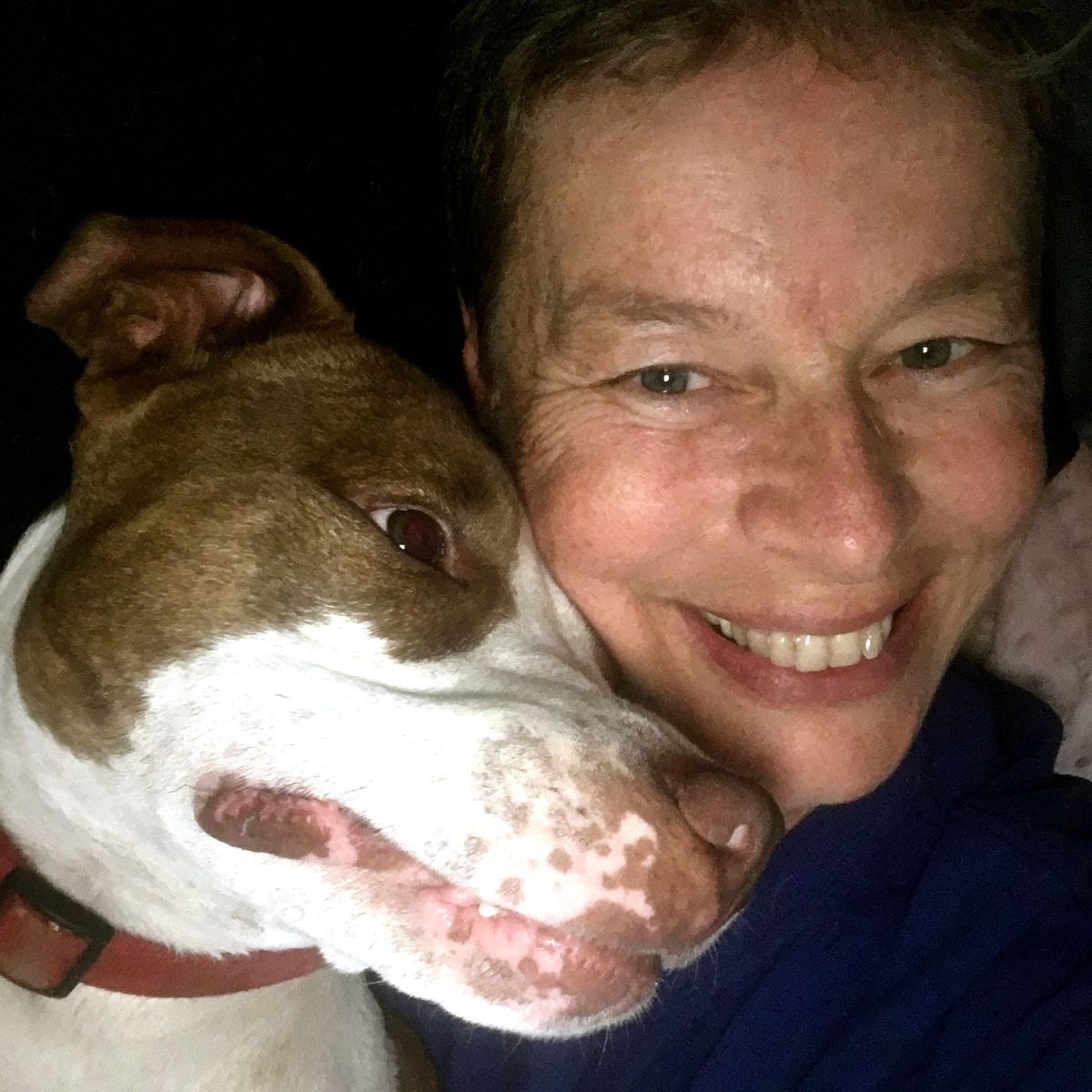
I am eternally grateful to the CNS Kitchen. The community has offered me ongoing support so that I no longer have to go it alone. It’s especially helpful given the area I live in. I pray that this lifestyle and our community will grow—that we can enjoy a future in which our food choices are not limited by the interests of profit-driven food and health care industries; that food supply chains and restaurants can be reoriented to serve a healthier population; and that the world will wake up to the consequences of the corporate animal foods industry, including its contributions to global warming. God bless our WFPB, SOS-free movement!
You Might Also Like
Copyright 2024 Center for Nutrition Studies. All rights reserved.
Earn Your Plant-Based Nutrition Certificate
Join over 20,000 students who have improved their health, learned new skills, and even inspired career changes.
Program Overview
- 23,000+ students
- 100% online, learn at your own pace
- No prerequisites
- Continuing education credits
